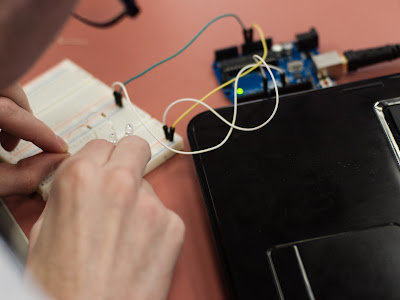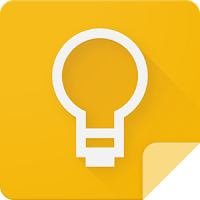Sharing the Work
By GlacierNPS [CC BY 2.0 (http://creativecommons.org/licenses/by/2.0)], via Wikimedia Commons Working together, even to change the world, doesn’t have to involve a great deal of effort. In the spirit of the “work smarter, not harder” mantra, platforms for problem solving demonstrate that mass collaboration can result in successful projects while reducing each participant’s workload. Anthony D. Williams, PLATFORMS FOR GLOBAL PROBLEM SOLVING: How Online Platforms are RevolutionizingSocial Change One of the benefits of Globally Distributed Creative Problem Solving is this ability to share the work of changing the world. In the face of a never-ending cycle of bad news, our natural reaction may be to turn away in defeat, thinking that the problems are too big for us to do anything about. What could we possibly do in the face of environmental and cultural inertia, a billion dollar lobbying industry, and years of poor education? Well, hundreds of pe...



